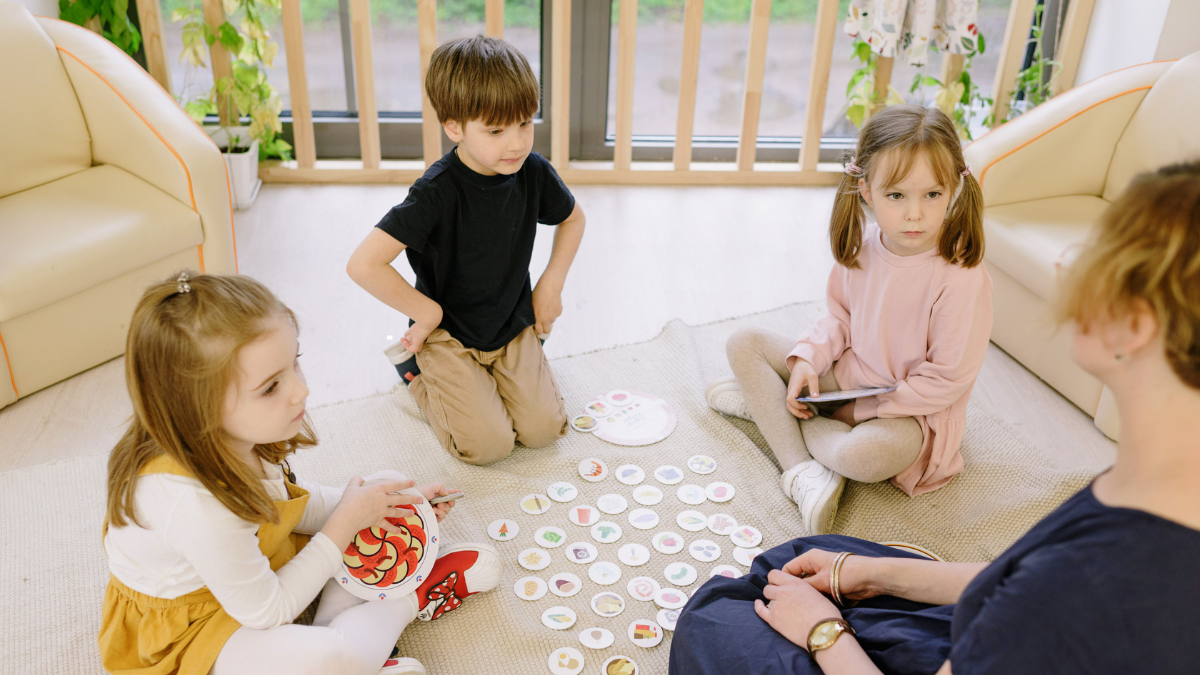Writing is an essential skill that plays a crucial role in the education and development of children. It is more than just a tool for crafting essays—it’s also a way for children to express their thoughts, creativity, and ideas. Whether you’re a parent helping your child get started or a teacher looking to enhance a child’s writing abilities, here are several tips that will guide them toward becoming confident writers.
1. Begin with the Elementary: Handwriting and Letter-Formation
Before children can write stories or essays, they must first be able to write legibly. One of the building blocks of writing is good handwriting, so it’s important to teach them how to form letters and words correctly.
Write Letters: Start by teaching them the individual letters of the alphabet. Use lined paper to help them understand the proper form and increment of each letter.
Keep It Fun: Writing can be enjoyable! Use colored markers, finger paint, or even writing in sand or shaving cream to make letter-writing an exciting activity.
Emphasize Grip: Show your child how to hold a pencil properly to develop control and comfort when writing. As they practice writing letters and numbers, the process will become easier.
Related: How To Teach Your Kids To Pray
2. Teach to Write Simple Sentences
Once children are comfortable with forming letters, the next step is writing simple sentences. Being able to structure a sentence is vital for communication, and teaching them sentence structure is a crucial step toward that ability.
Initiate Short Sentences: Start with simple sentences that are easy to understand, such as “The dog runs quickly” or “I prefer apples.”
Introduce Sentence Structure: Teach them that every sentence must have a subject and a predicate. Use examples to make this clear.
Employ Visual Aids: Show them well-constructed sentences in books or flashcards. This allows them to see sentence composition in action.
3. Inspire Imagination through Trivia Writing
Creative writing exercises can spark children’s imaginations, making them excited to write and think outside the box. Writing prompts are a great way to inspire this creativity.
Picture Prompts: Show them a picture and ask them to write a few lines about it or describe it. This encourages them to use their imagination and improve their writing skills.
Create “What If” Scenarios: Ask fun questions like, “What would you do if you could fly?” or “What would happen if animals could talk?” These prompts stimulate creativity and make writing enjoyable.
Write a Personal Story: Encourage children to write about their day or a favorite activity. Relating writing to their personal experiences makes the process more meaningful.
Related: How to Make Your Kids Feel Special Every Day
4. Storytelling as an Improvement Tool
Storytelling is an important aspect of writing. Helping kids structure their ideas into a story format will help them become better writers.
Teach Story Structure: Introduce the basic structure of a story—beginning, middle, and end. Explain that every story has characters, a plot, and a setting.
Use Visual Aids: Help them plan their stories using a storyboard or graphic organizer. This allows them to organize their thoughts before starting to write.
Start with Short Stories: Encourage them to write short stories, gradually making them longer and more complex as their comfort with writing grows.
5. Give Valuable Feedback
As children start writing more, it’s essential to provide constructive criticism that will help them improve without discouraging them.
Compliment Before Criticizing: Start by acknowledging the strengths of their writing, such as creativity or good sentence structure, before offering any critiques.
Make Suggestions to Improve: Offer specific suggestions for improvement. For example, “This is a great sentence! Let’s add a few more details to make it even better.”
Focus on One Thing at a Time: Don’t overwhelm them by pointing out every mistake. Pick one area to focus on, like punctuation or sentence construction, so they can improve incrementally.
Related: How to Make Your Kids Listen
6. Establish a Writing Habit
Writing, like any skill, improves with consistent practice. Make writing a regular part of your child’s routine to help them develop their skills.
Set Writing Time: Designate a specific time each day or week for writing. This could be after school or on weekends.
Use Writing in Everyday Life: Encourage them to write to-do lists, thank-you letters, or brief messages to friends and family. Everyday writing helps reinforce the habit.
Be Specific with Writing Goals: Help your child set achievable writing goals, like writing a paragraph each day or completing a story each week. Consistency is key to improving their skills.
Related: How to Make Your Kids Smarter
7. Writing Should Be Pleasant and Profitable
The more fun writing becomes, the more likely children are to enjoy it and stick with it. Make writing a fun activity that they will look forward to.
Take Advantage of Technology: Let them type their stories on a computer or tablet. There are many fun and educational apps that make writing interactive.
Create a Writing Pad: Set up an area where they can easily access writing materials like pads, pens, and paper. A designated space makes writing more enjoyable.
Reward Success: Celebrate milestones, like completing a story or meeting a word count goal. Positive reinforcement boosts their confidence and motivation to write.
FAQ on How to Teach Kids to Write
What can I do to make my child write more?
Encourage creative writing prompts, make writing part of their daily routine, and praise their efforts to boost their enthusiasm for writing.My child has an issue with writing, what can I do?
Be patient and supportive. Break writing down into manageable steps and give them plenty of practice. If needed, consider seeking additional help from a tutor or using online resources.What can I do to assist my child in spelling and grammar?
Teach them simple spelling rules and introduce grammar concepts gradually. Use examples to help them understand punctuation and sentence structure.At what age should my child start learning to write?
Children can start learning to form letters around age 3, with short stories and sentences starting around age 5 or 6.How can I make writing more interesting for my child?
Use interactive learning methods, like story-building games or creative prompts. Make writing a fun and engaging experience.
Conclusion
Teaching children to write is a gradual process that requires patience, practice, and encouragement. By making writing fun and interactive, providing constructive feedback, and setting regular writing goals, you can help your child develop their writing skills and foster a love for writing that will last a lifetime. With these tips, you’ll be on your way to nurturing a confident and creative writer!
Save the pin for later

- 8th Month Pregnancy Care: What To Expect, Dos And Don’ts - January 17, 2026
- 80 Beautiful Hispanic Girl Names for Your Baby - January 8, 2026
- 7 Physical Signs Your Baby Still Isn’t Ready to Come Out - November 28, 2025



